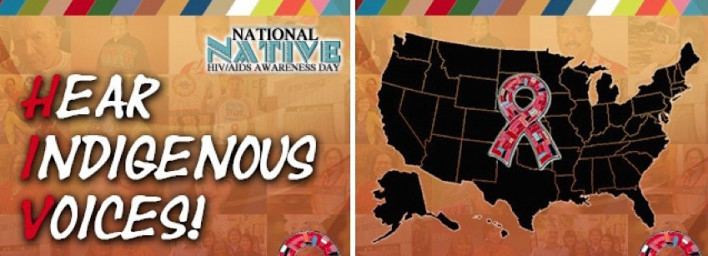The month of November is dedicated to the celebration of Native American Heritage Month. During this time, we reflect on the undue harm that underfunded programs have caused Indigenous communities across the United States, especially during COVID-19.
During the COVID-19 pandemic, we have seen a national spotlight placed on the trauma that Native people continue to endure due to the generational underfunding of the Indian Health Service. Generations of stolen land, inhumane treatment, broken treaties and underfunded medical care have led to the current crisis that many Native communities now face. The cumulative effects of this centuries-long neglect and oppression on public health are particularly evident in the Navajo Nation. With large portions of the Navajo Nation Reservation lacking basic infrastructure such as running water, electricity and access to grocery stores, it is no wonder that these areas have been hit especially hard by COVID-19, HIV and other illnesses.
As of now, the Navajo Nation has a higher per capita rate of death from COVID-19 than any state in the country. Much of these issues occur even with additional CARES Act funding, which was only to cover expenses incurred due to the public health emergency. Activists stress that it is impossible to provide effective COVID relief without addressing overarching infrastructure.
Addressing the multitude of health disparities within the Navajo Nation will be a complex and expensive undertaking. It could cost upward of $714 million just to update the facilities of one outdated existing hospital on the reservation. Providing drinking water and basic sanitation would cost an additional $700 million. Long term underfunding of these communities has created these unconscionable shortcomings in public health infrastructure and have resulted in the unnecessary infection and deaths the Navajo have experienced during the COVID pandemic.
The lack of infrastructure and funding has also resulted in rising rates of HIV in Native Americans in many parts of the country. In fact, Native Americans had the highest percentage of HIV infection attributed to injection drug use in 2016. AIDS United is proud to work with the Gwayakobimaadiziwin Bad River Needle Exchange, a community-based syringe services program operating out of the Bad River Indian Reservation, to support their lifesaving work. This organization serves the community of people who use drugs and the people who love them through providing sterile injection equipment, overdose prevention and naloxone distribution, sharps disposal, food and referrals.
In the face of all of the unnecessary deaths, illness, racism, and lack of funding, there has been a surge in voting rights activism in Native communities. Many activists cite the COVID-19 crisis as a prime reason for the outpouring of voters in the 2020 election. There were also an unprecedented number of Native candidates elected to Congress in this election. A total of six Native candidates were elected, with an even split to either party, to the House of Representatives.
AIDS United hopes to work with these elected officials over the coming weeks and months to address the many issues at play. We also will continue to support and uplift the needs of the Native communities not just








Comments
Comments